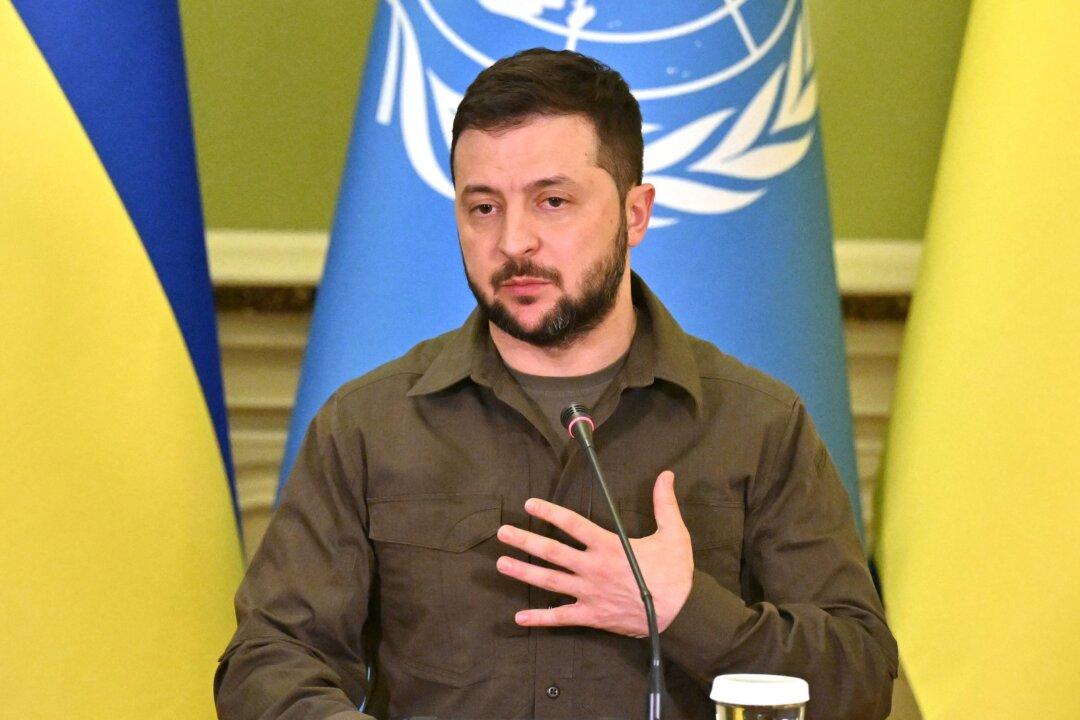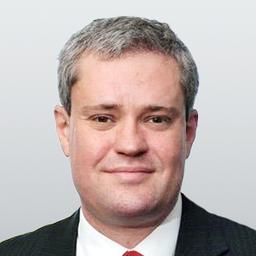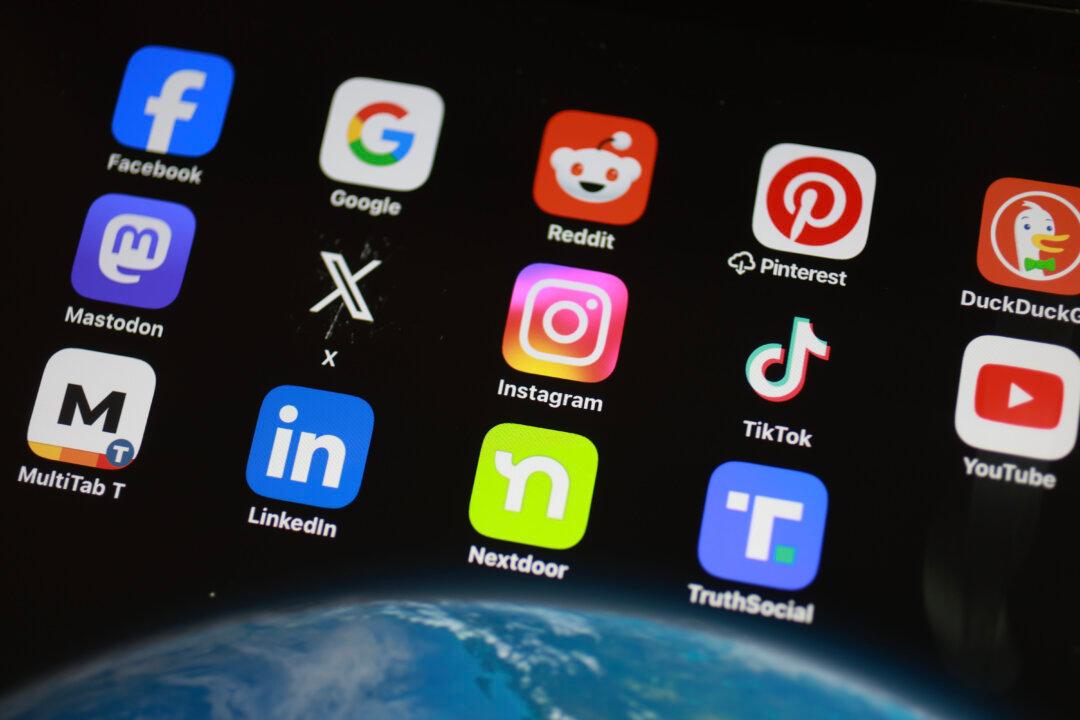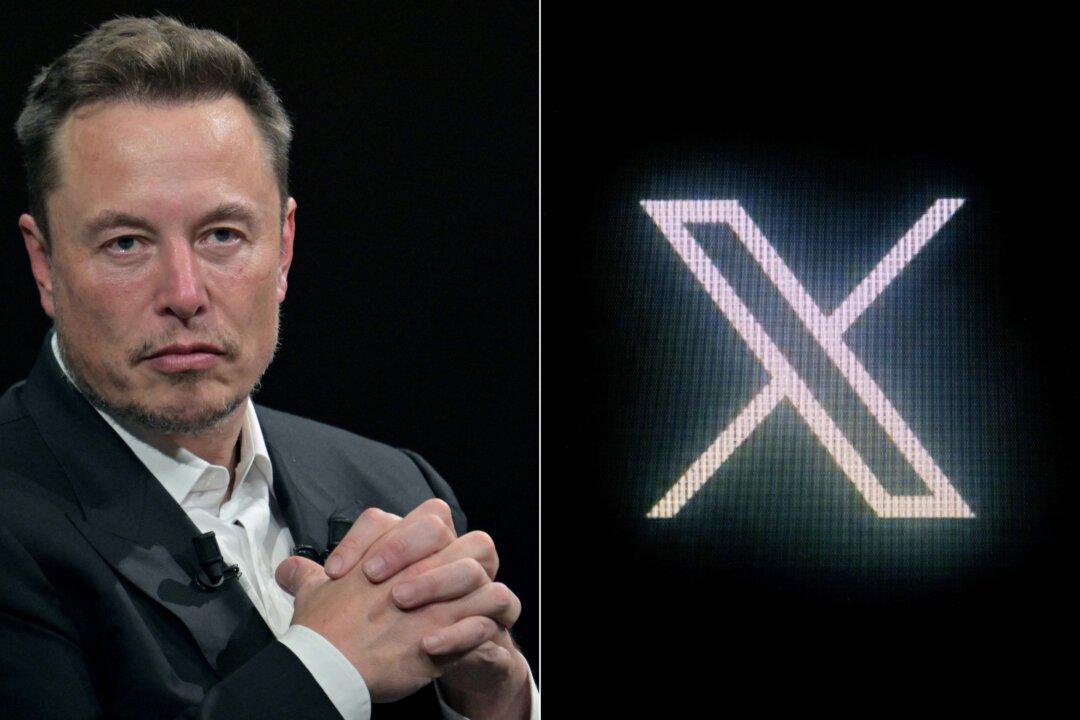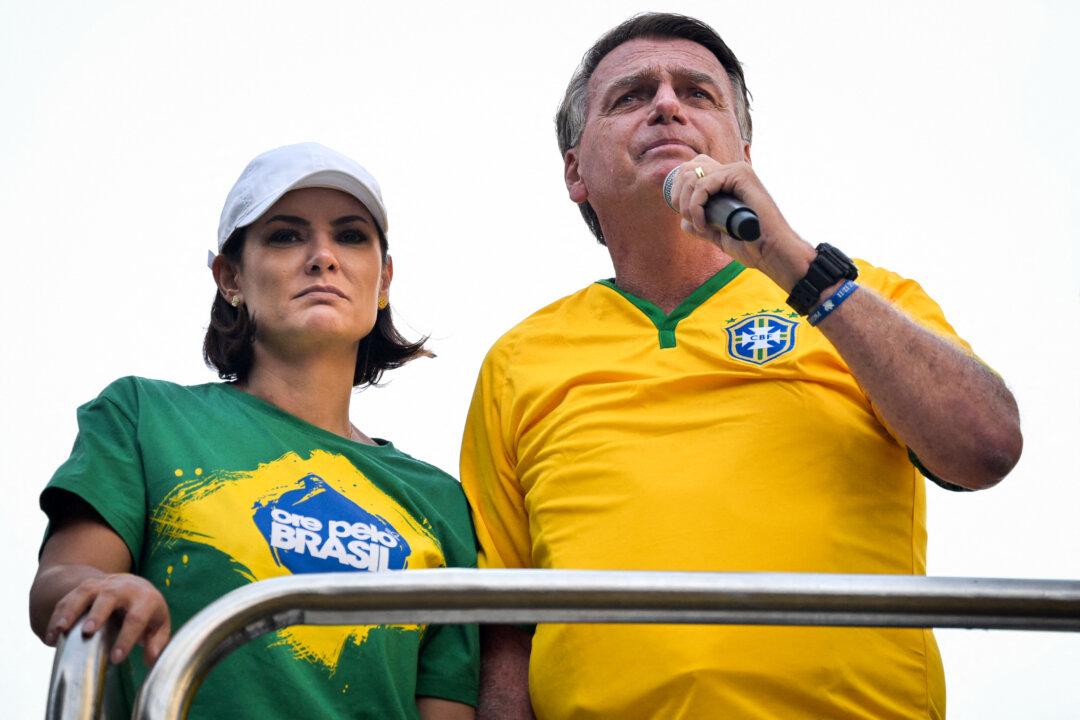Commentary
With a population of 46 million and a vast territory that is rich in natural resources, Ukraine was the largest and most formidable of the states to secede from the Russian Federation, in 1991. About half the population is Russian-speaking. Curiously, Leonid Ilyich Brezhnev, the Soviet leader from 1964 to 1982, was actually born in Ukraine and retained a peculiar Ukrainian accent and mannerisms his whole life.
